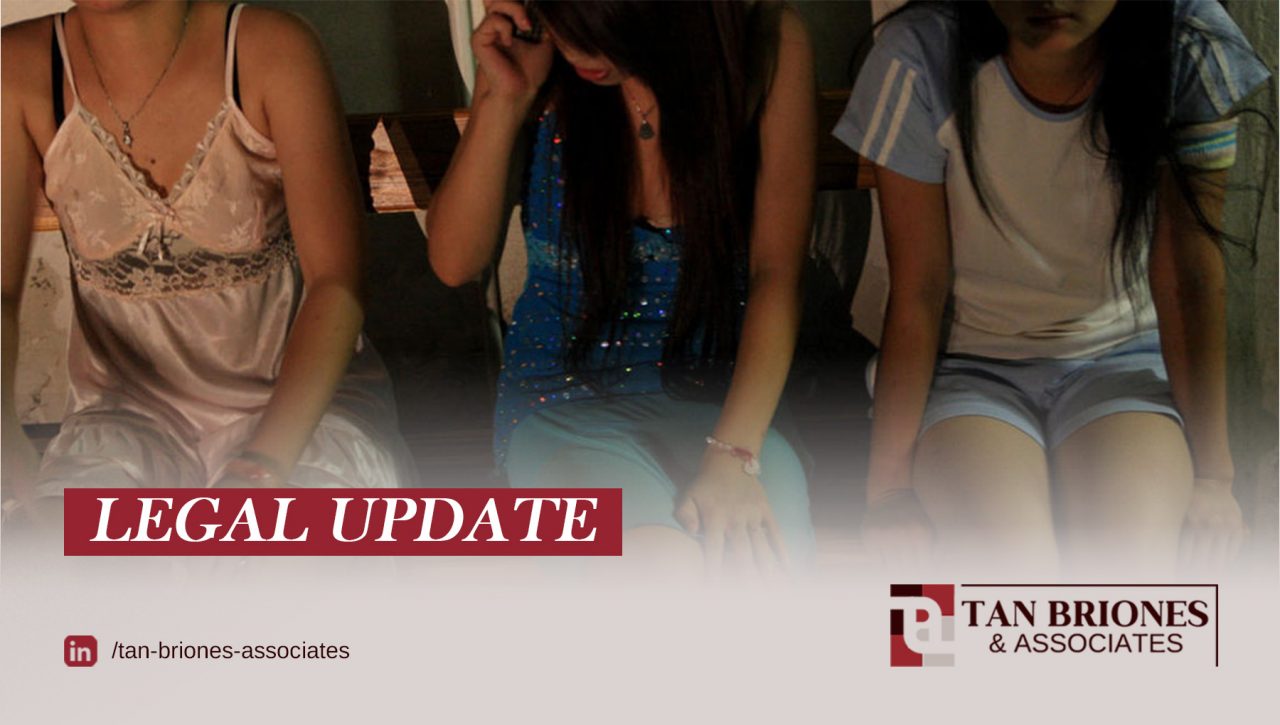
The Supreme Court (SC) Second Division stressed that threats, force, or coercion for child sexual exploitation is not necessary to prove child trafficking.
In a decision penned by Senior Associate Justice Marvic M.V.F Leonen, the SC upheld the conviction of two accused for qualified trafficking in persons.
“There is trafficking in persons if the victim is a child even when the means employed are different from those set forth in the law,” the decision read.
“The corroborating testimonies of the police officer and the victims are sufficient to convict the accused beyond reasonable doubt,” it furthered.
FACTS AND ISSUE
Jhona Galeseo Villaria and Lourdes Aralar Maghirang were convicted of eight counts of qualified trafficking in persons.
The case began when police received reports of their alleged involvement in child trafficking. Acting on the information, the Philippine National Police – Women and Children Protection Center (PNP-WCPC) launched an investigation.
Police Inspector Magno Abana Jr. and his team, with the help of an informant, met with Villaria and Maghirang. During the meeting, Maghirang asked if they were interested in female companions aged 14 to 18 for sex.
Abana said they would return on March 18, 2016, to celebrate a friend’s birthday. The PNP-WCPC then set up an entrapment operation, with Abana posing as a customer and surveillance officer. They booked a hotel room and prepared for the supposed celebration.
On the agreed date, Maghirang arrived with a companion and three girls, followed by Villaria, who brought five girls and another ten minors. The accused asked Abana to choose from among them. After he handed over the marked money, officers raided the room and arrested Villaria and Maghirang. Both denied the charges.
During the trial, the victims testified that the accused coerced them into attending the party and performing sexual acts in exchange for money. The defense argued that prosecutors failed to prove the use of threats, force, or coercion.
The case centered on whether qualified trafficking under Republic Act No. 9208, or the Anti-Trafficking in Persons Act of 2003, as amended, requires proof of threat, force, or coercion.
RULING
The SC ruled that the absence of threat, force, or coercion is immaterial and irrelevant.
“Under Section 3(a) of Republic Act No. 9208, as amended, the crime is still considered trafficking if it involves “[t]he recruitment, transportation, transfer, harboring[,] or receipt of a child for the purpose of exploitation” even if the means employed is not within those set forth in the law,” it added.
Follow Tan Briones & Associates on LinkedIn for more legal updates and law-related articles.







